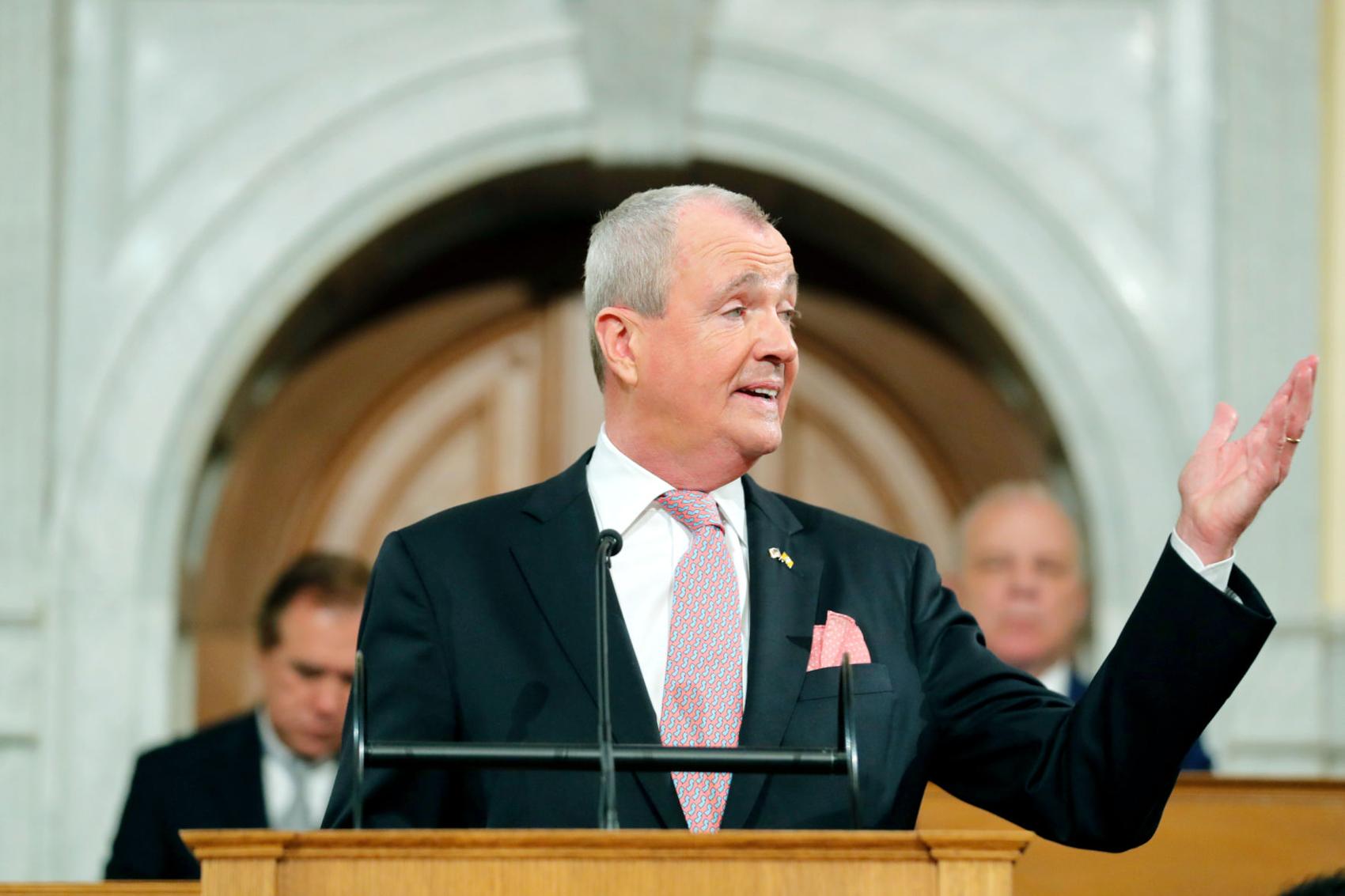 The state of New Jersey is in the process of transitioning to a low carbon economy, which means businesses in the state may be faced with new regulations.
The state of New Jersey is in the process of transitioning to a low carbon economy, which means businesses in the state may be faced with new regulations.
Gov. Phil Murphy issued an executive order that puts the state on a path of transitioning to 100 percent clean energy use by 2050.
Ray Cantor, vice president of government affairs for the New Jersey Business and Industry Association, told The Center Square that the governor’s Energy Master Plan “seeks to not only transform the electrical grid to ‘clean’ sources by essentially eliminating natural gas, it also seeks to electrify the building and transportation sectors.
“While we are supportive of decarbonizing our economy to the extent feasible, we have significant concerns with the cost as well as feasibility,” Cantor said.
Cantor said his association is in favor of reporting requirements that allow for a good inventory of carbon sources. Cantor believes reducing carbon by using renewable energy and supporting nuclear generating facilities will have a more positive impact on the economy and business communities than banning a fuel or source like natural gas.
“Natural gas heats 75 percent of buildings, with oil heating another 10 percent,” Cantor said. “There is no easy or affordable way to electrify this whole sector. We need to be prudent in our actions as we move forward.”
New Jersey has the 9th highest electrical rates in the country.
“Increasing energy costs more may drive out energy intensive manufacturing, keep business from relocating here, and drive up the costs of all goods and services,” Cantor said.
The NJDEP plans on holding public meetings in the coming weeks to get input from business leaders on EMP regulations.
According to the governor’s office, building and transportation sectors are the greatest carbon emission producers in the state. The EMP plans to bring 100 percent carbon-neutral electricity generation by 2050, but the state hasn’t been specific about how they plan on getting it done.
“We need to recognize that many changes will not be affordable or feasible with existing technologies and we should not compel regulatory actions based on modeled assumptions thirty years out,” Cantor said.
